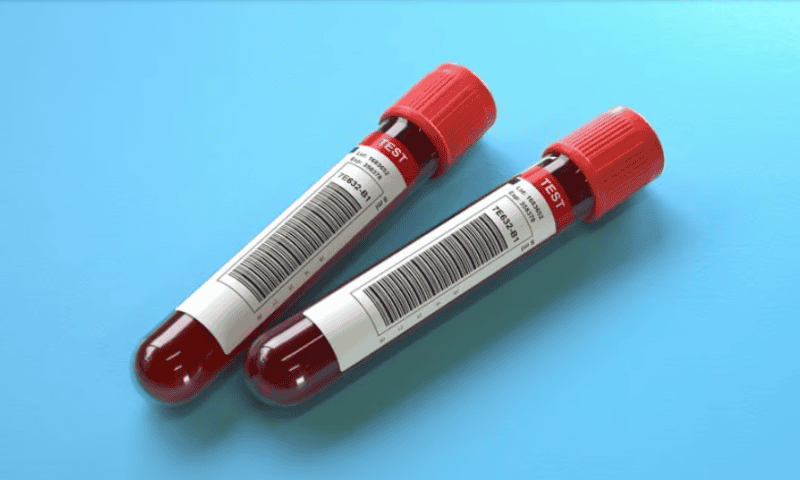As it works to diversify its methods for catching early cases of colorectal cancer, Exact Sciences has put forward clinical data showing its blood-based test can help spot growing tumors as well as some precancerous lesions.
Presented at the annual meeting of the European Society for Medical Oncology, being held in Barcelona, Spain, the company said the latest findings may put its upcoming blood screener in the same realm as a fecal immunochemical test in the detection of those advanced polyps.
The results came from Exact Sciences’ ongoing BLUE-C study—an expansive colorectal cancer trial of more than 26,000 people that has also examined the second generation of the company’s mainstay Cologuard screening test, which is currently under review at the FDA.
Using more than 3,000 blood samples, the company said it has now finalized an algorithm that incorporates patterns in DNA methylation that can be traced back to cancer cells—as well as “an impactful, new marker class” for identifying patients with precancerous lesions.
“This led to data that improve upon what we previously thought was possible with a blood-based colorectal cancer screening test,” CEO Kevin Conroy said in a statement.
The trial delivered a sensitivity of 88.3% for malignant colorectal cancer and 31.2% for precancerous lesions, alongside a false-positive rate of 9.9% among participants who went on to have a colonoscopy.
In BLUE-C’s head-to-head comparison of the next-gen Cologuard and a standard FIT exam—published earlier this year in the New England Journal of Medicine—FIT posted a sensitivity of 23.3% for advanced precancerous lesions, while Cologuard’s stool-based, multitarget DNA approach reached 43.4% in the same category.
“A blood-based colorectal cancer screening test that can detect advanced precancerous lesions at a level comparable to the FIT test would be a breakthrough in this field,” said Paul Limburg, Exact Sciences’ chief medical officer for screening.
“Results from this large, well-designed study show progress toward that goal and move us one step closer toward providing average-risk patients with another non-invasive screening option,” Limburg added.
Elsewhere, a separate analysis of Guardant Health’s rival colorectal cancer screening blood test reported a sensitivity of 13.1% for advanced precancerous adenomas—a number that became a sticking point during the company’s May meeting with an FDA advisory committee, which would go on to endorse the test. Known as Shield, it received a groundbreaking approval from the agency in late July.
Ahead of the ESMO presentation, Guardant Health co-founder and co-CEO AmirAli Talasaz said in a LinkedIn post over the weekend he would “publicly bet” Conroy $1 million that Exact Sciences’ preliminary data “won’t hold up” to its final pivotal trial readout.
In its release, Exact Sciences said it expects the blood-based screening portion of the BLUE-C trial to hand in its full results in the first half of 2025, which would then be used to build a new product submission for the FDA. Cologuard Plus, meanwhile, has been slated for a commercial launch next year, pending the agency’s green light.
Also at ESMO 2024, Exact Sciences presented data from its blood test designed to detect multiple cancers at once. Echoing findings shared earlier this year at the American Association for Cancer Research annual meeting, the test demonstrated 63.7% overall sensitivity among six of the most aggressive tumor types, including cancers of the esophagus, liver, lung, ovaries, pancreas and stomach.

